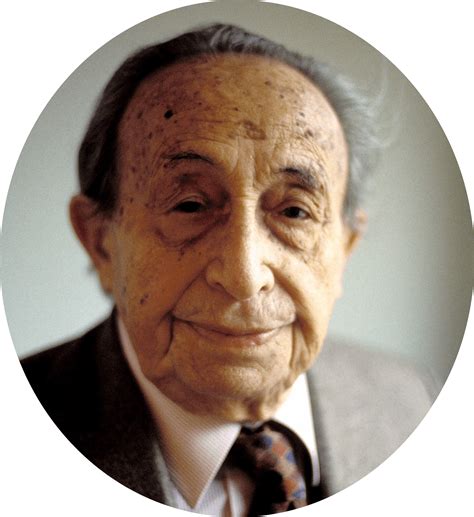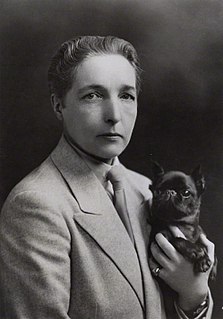A Quote by John Burroughs
Fear, love, and hunger were the agents that developed the wits of the lower animals, as they were, of course, the prime factors in developing the intelligence of man.
Related Quotes
The intelligence displayed by many dumb animals approaches so closely to human intelligence that it is a mystery. The animals see and hear and love and fear and suffer. They use their organs far more faithfully than many human beings use theirs. They manifest sympathy and tenderness toward their companions in suffering. Many animals show an affection for those who have charge of them, far superior to the affection shown by some of the human race. They form attachments for man which are not broken without great suffering to them.
I have been scientifically studying the traits and dispositions of the "lower animals" (so-called,) and contrasting them with the traits and dispositions of man. I find the result profoundly humiliating to me. For it obliges me to renounce my allegiance to the Darwinian theory of the Ascent of Man from the Lower Animals; since it now seems plain to me that that theory ought to be vacated in favor of a new and truer one, this new and truer one to be named the Descent of Man from the Higher Animals.
What distinguished man from animals was the human capacity for symbolic thought, the capacity which was inseparable from the development of language in which words were not mere signals, but signifiers of something other than themselves. Yet the first symbols were animals. What distinguished men from animals was born of their relationship with them.
There are a few animals that have won themselves a bad reputation even though they have little or no effect on man. They have won their rating through man's interpretation of their attitude towards lower animals. These animals have been seen feeding in what appears to be a savage manner. But this behavior may perhaps be comparable to a man tearing the flesh off a chicken leg with his teeth.
The most important thing for people to get is we're not even looking at one big investigation, all these agents working together. They were chopped up and divided, but because I worked in the central place... other agents were sending their material to me... I was in this position to see all the dots being connected... These agents, while I was there, because I was the central person, they started connecting the dots.
Those other lands were Christian, and they boiled with bigotry. The rulers themselves were more or less tolerant, for they depended upon Jews as their financiers. But the lower classes had no use for them, and butchered them whenever a righteous excuse could be found. And righteous excuses were not wanting. If a plague broke out, of course the Jews had poisoned the wells. If a war was lost, of course the Jews had aided the enemy. If a boy mysteriously disappeared, of course the Jews had murdered him to procure blood for their Passover drink.



































